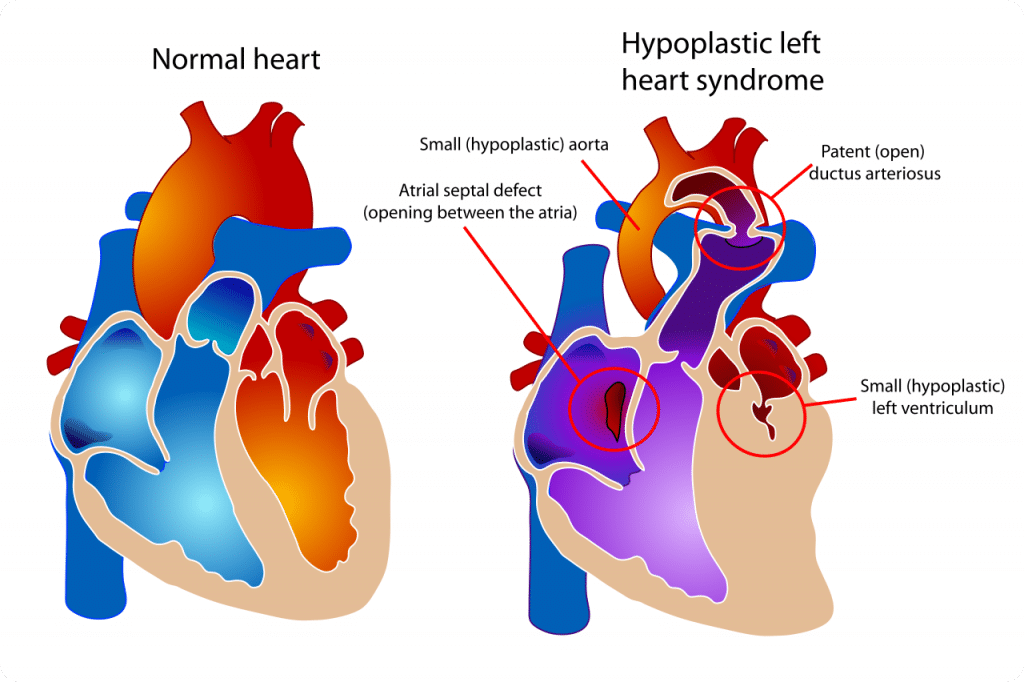The Utility of Albumin Level as a Marker of Postoperative Course in Infants Undergoing Repair of Congenital Heart Disease

We sought to examine the role of preoperative and 2nd postoperative day albumin levels as predictors for postoperative course in infants undergoing repair of congenital heart disease. This retrospective, single-center, observational study comprised consecutive infants younger than 1 year who had undergone repair of tetralogy of Fallot, ventricular septal defect, complete atrioventricular canal or transposition of the great arteries over a 25 months period. We correlated preoperative and postoperative day (POD) #2 albumin level to vaso-inotropic score (VIS) and intensive care unit (ICU) length of stay (LOS) as markers for degree and duration of postoperative cardiac support. A composite outcome was defined as maximal vaso-inotropic score of > 10 and ICU LOS > 96 h. Preoperative albumin level negatively correlated with VIS and ICU LOS. Compared to preoperative albumin level of > 4 g/dL, the relative risk of meeting composite criteria was 1.5 for preoperative albumin of 3.1–4 g/dL and 2.6 for preoperative albumin ≤ 3 g/dL. Compared to POD#2 albumin level > 3 g/dL, the relative risk of meeting composite criteria was 1.8 for albumin of 2.6–3 g/dL, and 2.5 for albumin ≤ 2.5 g/dL. In summary, we found that preoperative and POD#2 albumin levels predicted prolonged and complicated postoperative course. These finding may help clinicians to inform the patient’s parents, early in the ICU hospitalization, as to the predicted risks and difficulties of their infant’s postoperative course.
